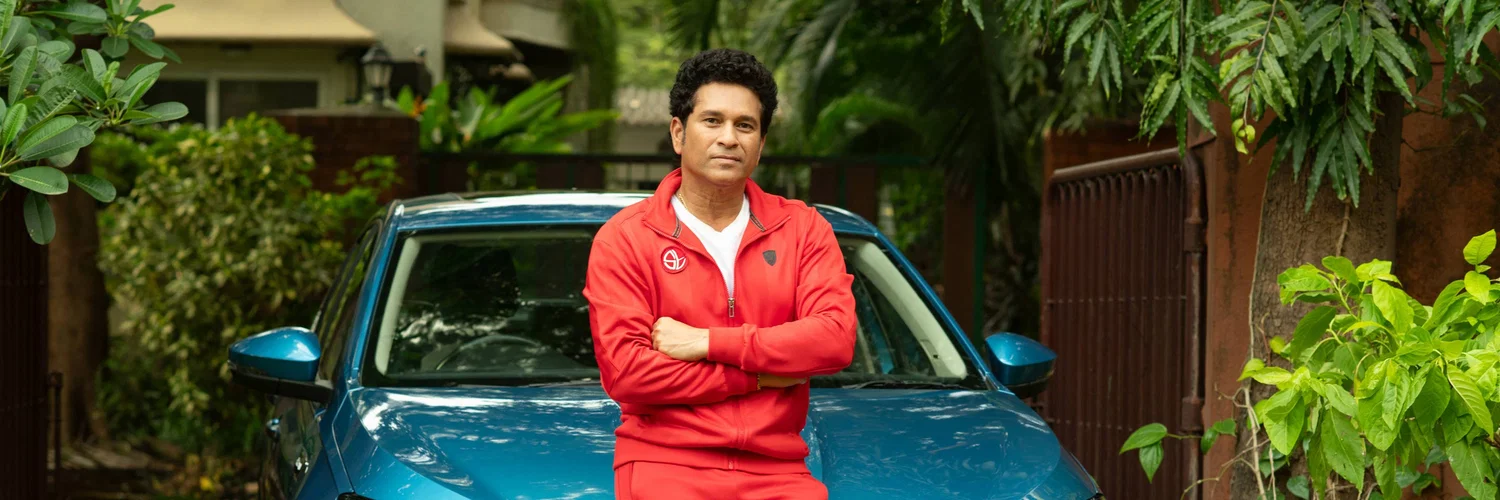You bought your car, you took it around everywhere, and it now has some miles on its clock. Your maintenance schedule has kept your 4-wheeled friend running like new for many years. And yet, there are times it gives you trouble – and you have no clue what the cause is or which part is affected.
Here are eight common car problems (and their solutions!):
Engine Misfiring
![]()
Engine misfiring occurs as a distinct pop sound when you start your engine. We all know that internal combustion in an engine occurs as a cycle of intake of air-and-fuel mixture, burning it, and outletting fumes via the exhaust. If something interrupts this cycle, a misfire happens. There are several possible reasons for this, with the most common being a spark plug problem.
If you find that your engine is misfiring:
- Check The Spark Plug: Pop up the hood and have a look at the spark plug. If it is black, clean it with a brush and test again.
- Change The Spark Plug: If the car doesn’t start after cleaning then you will need to change the spark plug. It is not a costly component and can be changed without much expenditure.
- Consult A Mechanic: If the misfire happens even after replacing the spark plug, then we would recommend that you get your car checked by a skilled engine mechanic as the problem could be related to the cylinder or piston head.
Dead Battery
![]()
It is also one of the problems that renders your car undriveable and ruins your day. The symptoms of a dead battery are evident when you start your car. A dying battery will take longer to crank the engine and get started while a dead battery will not start the car. There are a few causes for a dead battery, which are:
- Lights Or Other Electricals Left On
- Exposure To Extreme Temperatures
- Corrosion On Terminals
- Old Battery
- Extended Unuse
- Charging System Failure
If you find that your car battery is not responding then:
- Jump Start: It is the most sought after solution to a dead battery if it is in a good condition, and works most of the time.
- Check Battery Fluid: If your battery works only by jump starting, it would be a good idea to get it checked as there could be fluid loss in the battery.
- Replace The Battery: If your battery doesn’t respond to a jump at all, then it is time to install a new battery.
- Check The Charging System: If you’ve got a battery in good condition and it doesn’t get charged, then there is an issue with the charging system, which needs the intervention of a skilled mechanic.
Tight Clutch Pedal
![]()
A normal clutch pedal is smooth and easy to operate, doing so without any breaks. When you feel that you are using more than usual muscle power to push the clutch pedal, there is a problem with it. Let’s see the possible causes:
- Blocked Pedal: You can check the clutch pedal to see if there’s something beneath it, and remove it.
- Inspect the clutch cable: Check for signs of wear on the clutch cable (runs from the clutch pedal below the transmission). If you can’t bend that way, ask your mechanic for help. Depending on the findings, the cable may be lubricated or replaced.
- Worn-out clutch disc: Ask your mechanic to do a thorough inspection of the clutch disc. If you have been driving the vehicle for long periods of time, there is a chance that your clutch disc might have worn out. This can result in an unresponsive or less responsive clutch in the form of stiffness. Replacing the clutch disc will solve the problem immediately.
- Adjust the clutch pedal: If you’ve replaced any part of your clutch recently and find it stiffer than usual, then the pedal needs some adjustment to run smooth and free. This too can be done at your nearest car garage.
Squeaking Brakes
![]()
Pressing your brakes making them squeak out loud? That’s a clear call for help! At times wet brakes might emit a squealing sound and this is caused because of the water layer on the brake pad or brake shoe. Once the water has dried off that sound should go away. If it doesn’t then the brake pads or the brakes shoes have worn out and require replacement. It would be a good idea to get these replaced as brakes are a very crucial and integral part of driving.
Shrieking Sound From Engine
![]()
So, you started your car one fine day and it just howls back at you, scaring your socks off. While the sound is scary, the cause for it is a worn drive belt that is on its last legs. The drive belt drives a number of crucial accessories like the alternator, power steering pump and the water pump. These are relevant for functions like battery charging, steering control and climate control in your car. The drive belt can be replaced at your nearest garage, and you can get your peace of ears back.
Overheating Engine
![]()
A car engine gets hot due to its internal workings. That’s normal. And there are radiators and coolants to keep its temperature regulated. But if you find the temperature gauge shooting up, that’s cause for concern because the engine can heat enough to melt itself! Here’s what you can do to cool your car’s engine:
![]()
- Check the coolant: Adding a fresh batch of coolant to your car should be all you would need to do if everything else in the engine bay is not problematic. Make sure to replace coolant every 48000 kms or three years, whichever comes first.
![]()
- Check the radiator: The radiator consists of a fan and some pipes. The coolant flows through the pipes while the fan cools the liquid and, in turn, the engine. Sometimes the radiator fan fails and sometimes it just runs out of water. You may refill it, and if the fan is not working, then call your mechanic right away.
- Thermostat Not Working: A thermostat lets coolant inside the water jacket to cool down an overheated engine. If the thermostat breaks down, the engine will obviously heat up. If this happens often, get the thermostat checked.
- Damaged Water Pump: A water pump is what helps in the flow of water and coolant to the engine and back to the radiator. A damaged water pump will not pump and hence this will lead to overheating. A thorough cooling system check will reveal this problem.

- Bad Hoses: Hoses are pipes that take the coolant and water from the radiator to the engine and vice-versa. A cracked hose or a leaking hose could be the cause of your engine overheating. It will be a good idea to check these and replace them if needed.
Unresponsive Steering
![]()
Cars today have assisted steering also known as power steering. This helps in overcoming the physically exhausting manual turning of the wheels. With power steering, your steering should feel responsive and effortless. If this becomes unresponsive then driving would become a dangerous situation as the car would not respond to your steering inputs. If this is the case then the possible cause could be loss of steering fluid or failure of the electric motor that gives power to the steering wheel. In the case of the former you can check the steering fluid and top it up, but in the case of the latter a visit to the garage is necessary.
Rattling Suspension
![]()
A rattling suspension in most of the cases is caused by loose nuts, bolts or worn out bushings. These can be replaced very easily if you can get under the car. If not then it would be wise to go to the mechanic. In the worst case scenario, the suspension parts may be seeing a significant amount of wear and tear or rust. Ignorance is not always bliss and you should always get the car checked if you notice unusual noises and aren’t able to pinpoint the location. In case of intensive rusting, which will ideally happen if the car is too old or has been in a humid environment, there is no way to save it and ideally the part should be replaced entirely.
FAQs
Q. What are the most common car problems I should look out for?
Keep an eye out for car issues like engine misfires, dead batteries, and squeaky brakes. Finding these vehicle problems early can save you from a roadside headache.
Q. How do I troubleshoot engine problems?
If your engine is misfiring or making weird noises, start with the spark plugs, as they’re often responsible for it. A quick check can save you from bigger car complaints later.
Q. My car won’t start; what should I do?
You must start resolving this vehicle problem by first checking the dead battery. Try jump-starting it first. If that doesn’t work, there might be more serious vehicle issues that need the services of an expert mechanic.
Q. How can I tell if my brakes need replacing?
If there is a squeaking or grinding when you hit the brakes, it is probably time for new brake pads. Don’t ignore these car problems as they’re vital for your safety.
Q. What causes my car to overheat?
Overheating often means low coolant, a malfunctioning radiator, or a broken thermostat. Quickly addressing these engine problems can keep your car running without any issues.
Q. When should I take my car to a mechanic?
If you’re facing ongoing car issues that you are unable to fix on your own, it’s time to consult a professional mechanic. They can diagnose all the significant vehicle problems and get you back on the road safely.



 ne big family!
ne big family!